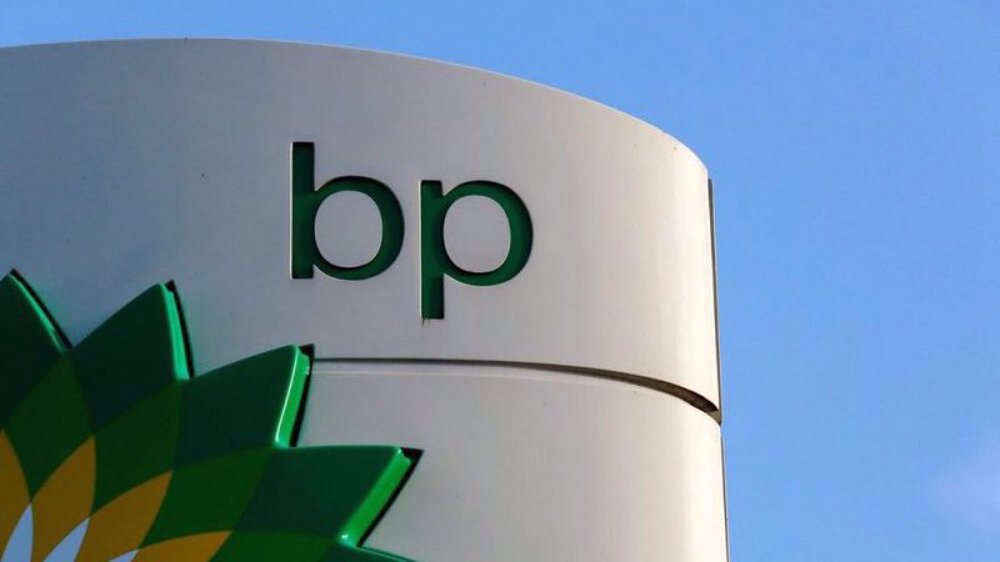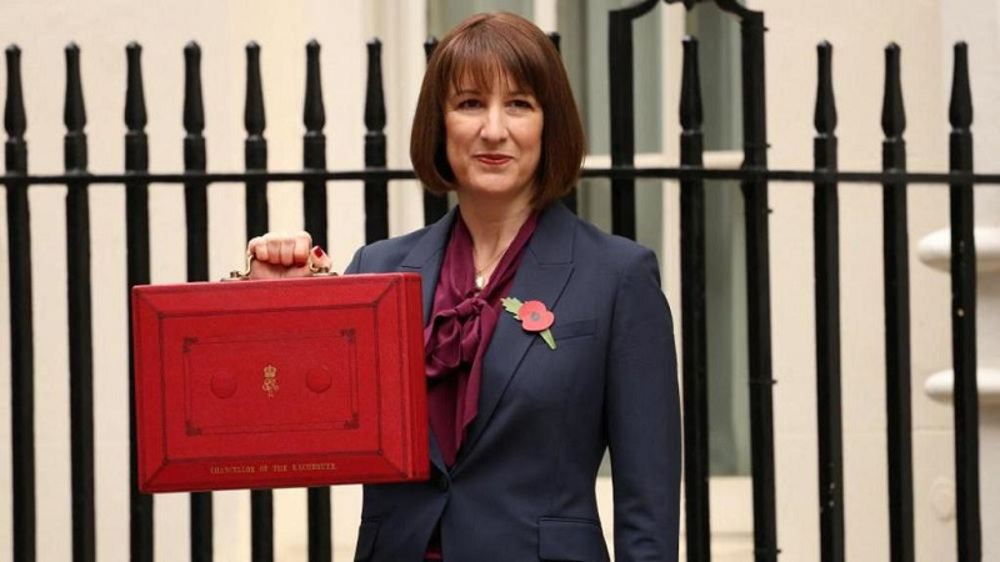Coalition’s welfare cuts blamed for rising poverty in UK
A new study shows poverty in the UK is on the rise due to welfare cuts introduced by the coalition government during the last two years of its tenure.
The study conducted by the New Policy Institute (NPI) suggests that the government policies pushed hundreds of thousands of British citizens below the breadline.

According to the NPI findings, middle-earners saw a marginal increase in their incomes after 2013 but the policies aimed at raising bedroom tax and below-inflation benefits reduced incomes for the poorest.
The thinktank has estimated that about 760,000 people were pitched into poverty since the last official figures were released.The finding shows the poverty is rising among all age group.
“The trajectory over the second half of the coalition’s term has been a bad one. The next government, whoever wins next week, will be dealing with worsening, deepening poverty,” Tom MacInnes, the NPI’s director was quoted as saying.
"One of the issues that has occurred in the last five years is that there has been huge number of welfare reforms and there is a center in the UK “Center for Reform” which has calculated that under this coalition [government] those with service disabilities have taken the financial hit 90 times greater than the average," Shabbir Razvi, London-based economic commentator told Press TV.
‘Child Poverty’
The most shocking figure produced by the NPI is about children. It says that 300,000 more youngsters were moved into hardship in the coalition’s final years. According to NPI, 29% of UK children are now in poverty.

Researchers have also challenged Tory claims that the child poverty has been reduced. It says the coalition’s figure applies only to the first three years of its rule. They say the child poverty fell in the first year of the coalition because of the tax and benefits framework inherited from Labour.
"Research regularly has indicated that the Britons with family and children are the worst hit in many ways because obviously child poverty is a sort of a trap for families. Of course, if there is less income then the family suffers significantly and the parents are not able to spend sufficient amount of money on the well-being of their children" Razvi said.
The coalition introduced major welfare reforms in 2013. The NPI study comes in the backdrop of the government’s refusal to publish official poverty data that could exhibit the coalition’s record in the final year of the parliament.
“This important analysis shows the weakness of the claim being put about by ministers that they have got child poverty down despite making wide-ranging and deep cuts to benefits and tax credits.” Alison Garnham, chief executive of the Child Poverty Action Group charity said.

A Conservative spokesman has repeated the claim that there were fewer people in poverty compared to 2010. But Labour’s shadow welfare minister, Helen Goodman said that the increasing levels of poverty under this Tory-led government have left millions of families struggling to make ends meet.”
‘Rich-poor gap’
According to yet another research, the gap between rich and poor continues to widen in Britain.
A study published in the Lancet medical journal shows rich Britons will enjoy greater life expectancy with people in affluent areas living at least eight years longer than those in deprived parts of the North of England and South Wales.

An average life expectancy in some parts of England will exceed 90 in little more than a decade's time, research shows. The forecast is greater than the official figure from the Office of National Statistics.
Professor Majid Ezzati , a senior author of the study has blamed poverty and austerity: “The present UK coalition government has cut public spending on a range of social determinants of health under the rhetoric of austerity. Such policies will, at best, cause the rising inequality trends to continue, and could well worsen them”. Other analysts have a similar view.
"I think there is an ideological strategy in the UK that the Conservative government is the party of rich, wealthy, powerful and big business. Big business has done well in the last five years and certainly since the financial crisis the rich and the wealthy have actually done well", Razvi, London-based economic commentator, concluded.
JAS/SKL
Israel admits assassinating Hamas leader, vows to inflict same fate on Yemeni fighters, people
VIDEO | Yemeni forces repel US-British attack, down F-18 Jet
Iran’s capabilities vast; enemy’s ‘maximum pressure’ policies all failed miserably: Senior official
Iran’s economy grew 2.7% y/y in Sep quarter: CBI
VIDEO | Freelancers in Gaza strive to stay online amid genocide
Mikati demands Israel's withdrawal from south Lebanon
Yemeni army strikes Israeli military sites with drones
‘Clock ticking’: UNRWA slams unjustifiable killing of children in Gaza









 This makes it easy to access the Press TV website
This makes it easy to access the Press TV website